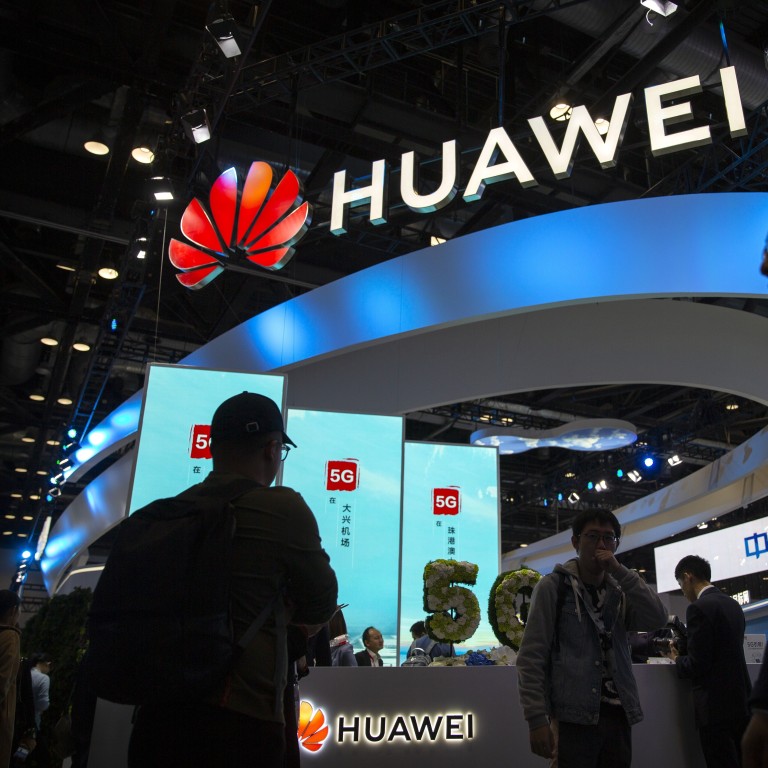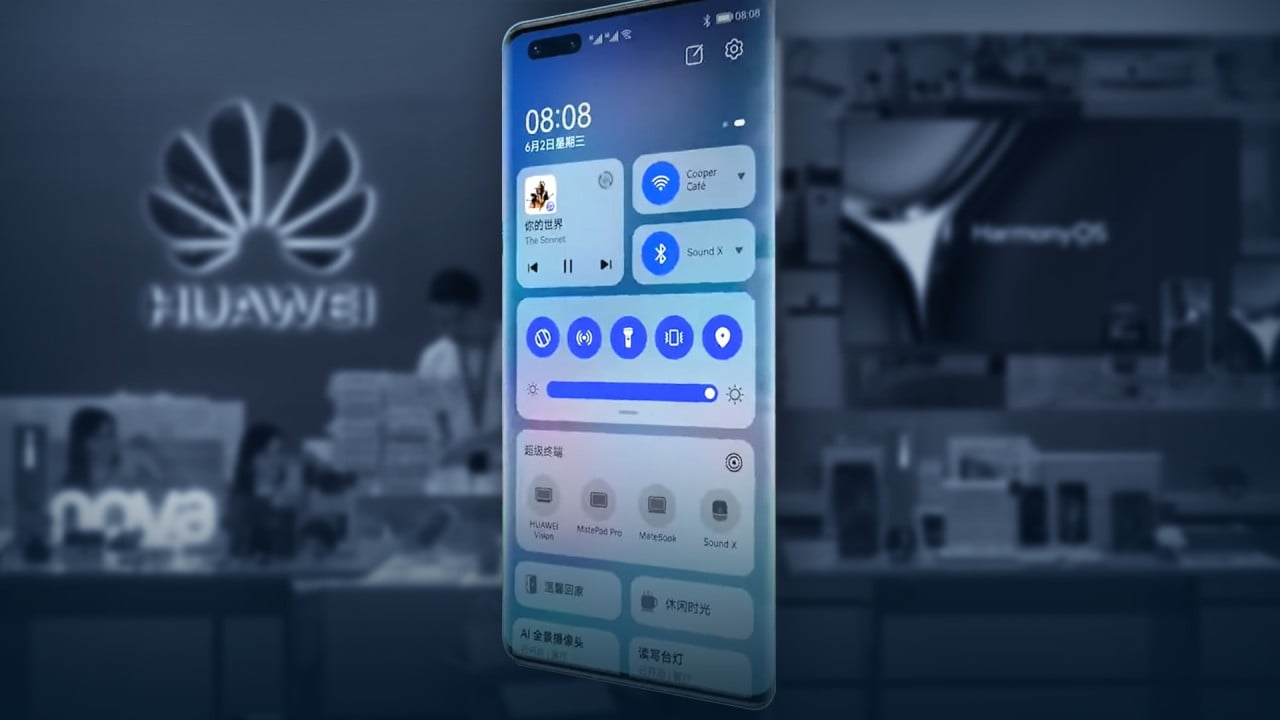
US-China tech war: American tech bill locks Huawei on Washington’s trade blacklist as the company plays up its cybersecurity credentials
- The Chinese telecoms giant can only be removed from the Entity List if the US finds that it no longer poses an ongoing threat to critical infrastructure
- New bill dashes previous hopes that a Biden presidency would ease certain technology restrictions on the Shenzhen-based company
A bill aimed at bolstering America’s technological power to counter China, which was passed by the US Senate on Tuesday, has singled out Huawei Technologies Co as a threat and prohibits the Commerce Department from removing it from a trade blacklist.
TikTok, the popular short-video sharing app operated by Beijing-based ByteDance, is also named in the bill but the legislation only stipulates that the app should be banned from all government devices.
“The US is in the beginning stages of a second ‘moon shot moment’ in its modern history and China’s technology companies are the new competition,” said Alex Capri, Singapore-based research fellow at the Hinrich Foundation. “It has become impossible for US policymakers to separate companies like Huawei from Chinese state-driven initiatives and objectives. It is a paradigm shift … to a kind of selective mercantilism and techno-nationalism. This is just the beginning.”
Biden cuts two Huawei financing arms off from US investor access
Earlier this week, Biden added two Huawei financing arms to a list that prohibits Americans from investing in Chinese companies that the administration says have ties to the Chinese military or sell surveillance technology used against religious minorities and dissidents. Investors can no longer buy new securities in these companies on American markets starting from August 2, and existing US investors have been given a year to divest their holdings.
JP Morgan said it will exclude Huawei’s dollar bonds from some of its investment indices from the end of next month following the ban, Reuters reported on Wednesday.
Amid ongoing US pressure, Huawei is currently facing an uphill struggle to convince partners and clients that its network gear is safe and that it is purely a commercial entity, with no secret ties to Beijing’s security and military apparatus. It has been sideswiped by harsh US sanctions – imposed for national security reasons – that have cut off its access to US-origin technology, particularly the supply of advanced chips to its handset and network equipment businesses.
What HarmonyOS 2 means for the Google and Apple duopoly
Huawei opened its new Global Cyber Security and Privacy Protection Transparency Centre in Dongguan, Guangdong province on Wednesday, part of its renewed push to win trust from the industry. Huawei launched a similar centre in Brussels in 2019.
“[We want to] work together, share best practices, and build our collective capabilities in governance, standards, technology and verification,” said Ken Hu Houkun, Huawei’s deputy chairman, at the facility’s launch. “We need to set shared goals, align responsibilities and work together to build a trustworthy digital environment that meets the challenges of today and tomorrow.”
Hu said on Wednesday that Huawei asks its partners to “assume nothing, believe nobody, and check everything” in an apparent reference to the raft of allegations made against the company by Washington in recent years. Hu did not directly mention this week’s US bill passed by the Senate.
“The US has a course of action that’s looking to maximize the strength of America and weaken that of anyone they see as a competitor,” John Suffolk, Huawei’s global cybersecurity and privacy officer said via video at the event. “We will continue to try as best as we can to drive our business forwards to benefit our customers and their customers.”
Huawei’s Android smartphone rivals keep their distance from HarmonyOS
However, Capri said “these efforts [by Huawei to demonstrate its commitment to cybersecurity protection] will ultimately not pay off for Huawei and other Chinese companies in the long-term, because economic nationalism, not just national security, is at play.”
Huawei also released what it terms its security “baseline framework” on Wednesday. Sean Yang, director of Huawei’s global cybersecurity and privacy protection office, said the company wants to work with stakeholders, including regulators and customers, to improve security.
Hinsa Siburian, head of the National Cyber and Crypto Agency in Indonesia, as well as Mohammad Hamad Al-Kuwaiti, head of cybersecurity for the United Arab Emirates, also attended Huawei’s launch ceremony in Dongguan.

03:04
Can Huawei's Harmony OS for smartphones compete with Google's Android and Apple's iOS?

